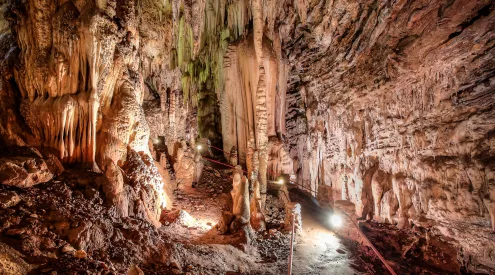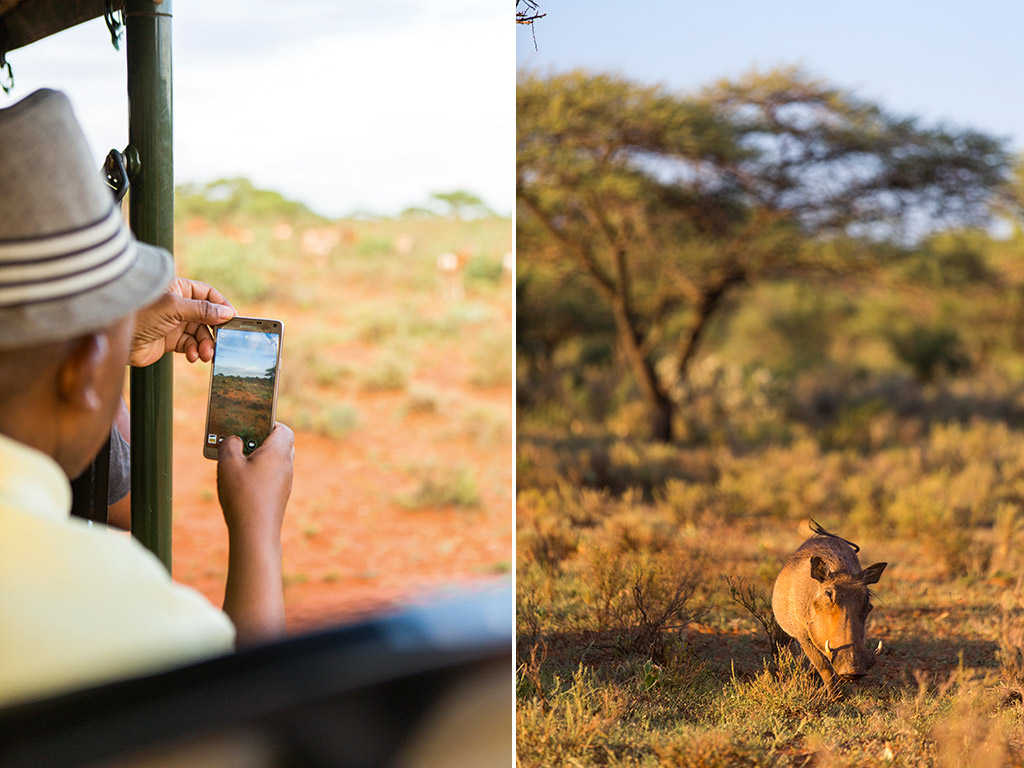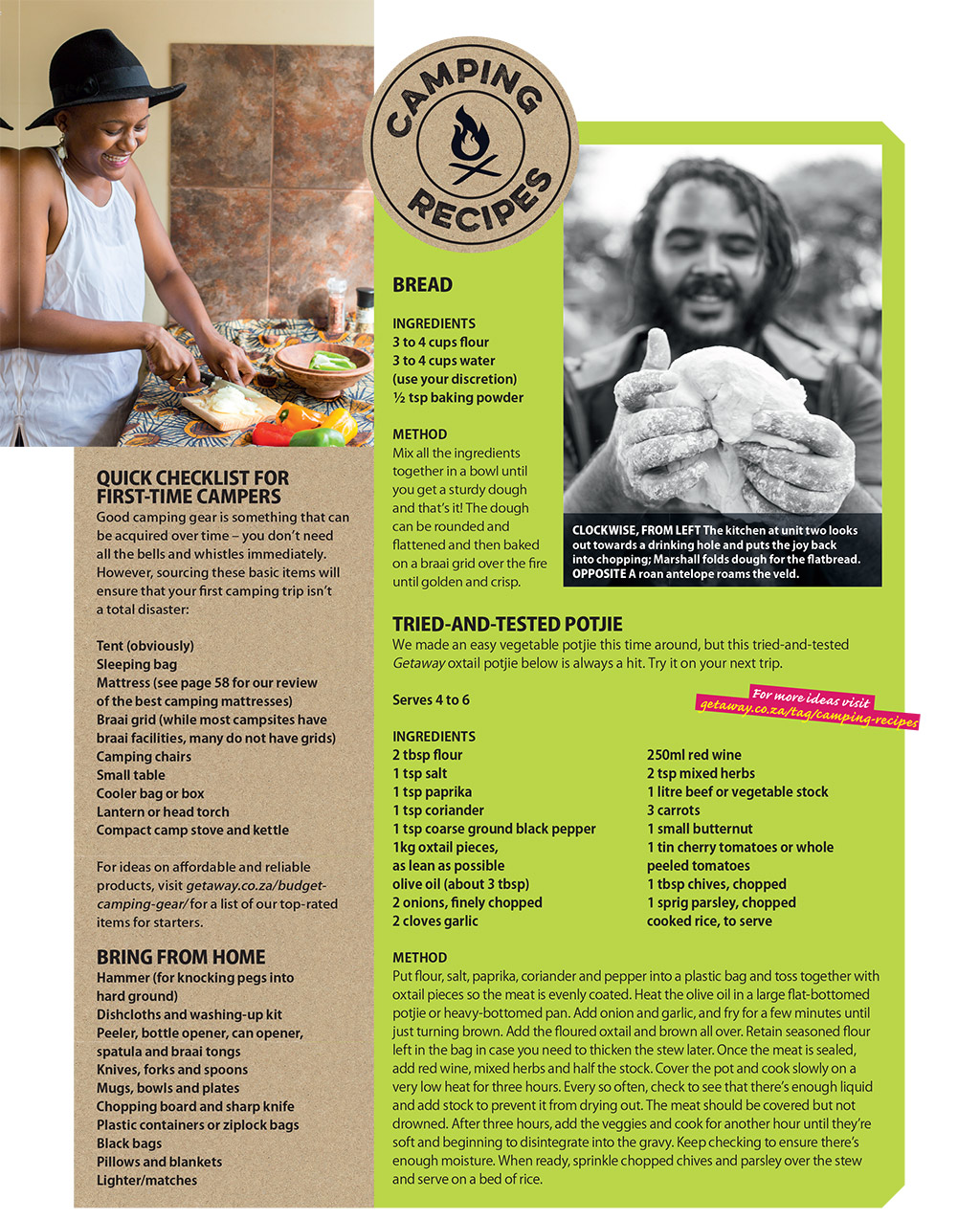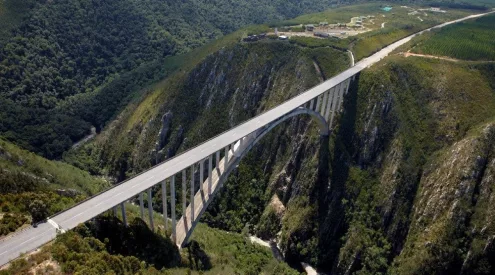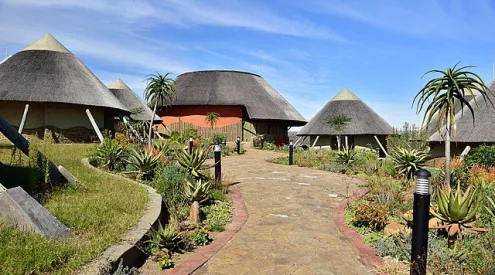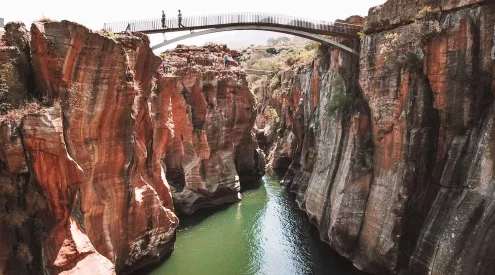Vuyi Qubeka’s parents had never been camping. So she decided to get them to try it. The experience surprised even her. Photographs by Teagan Cunniffe.
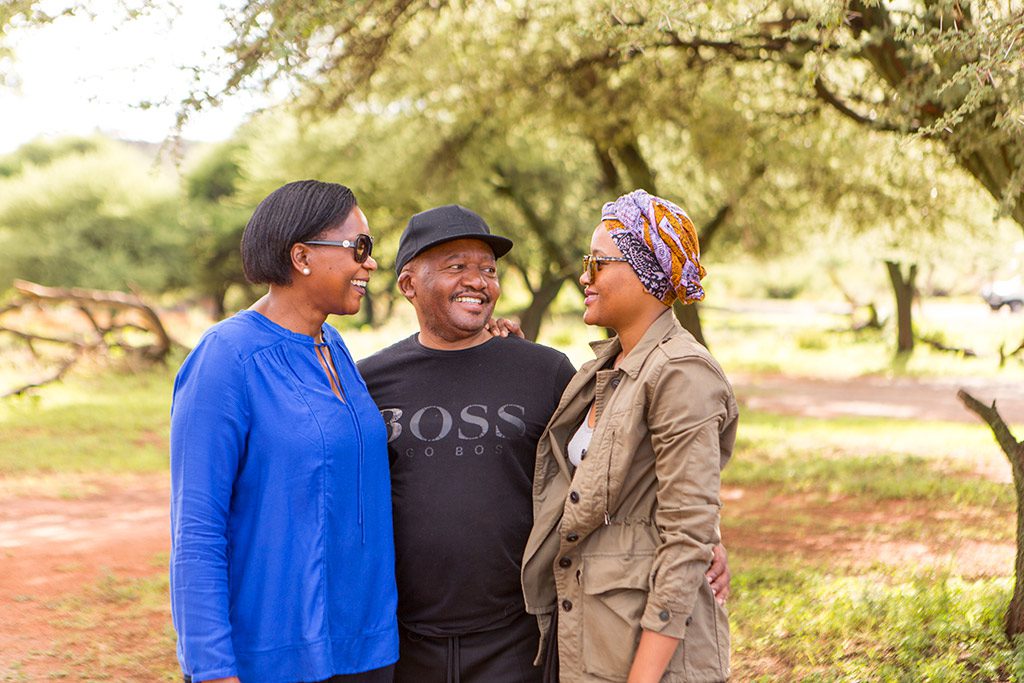
Feeling like the luckiest girl in the world out with my parents on their first camping experience.
I’ve been working at Getaway for more than two years and I’ve come to appreciate that camping is a really big deal, for white people especially. I myself had tried it when I went on assignment with fellow journalist and old-time camper Melanie van Zyl. It was a thrill and she made it seem so easy. Those were my first lessons in camping, though it was the rooftop kind, and those lessons stuck. But in my culture, travel for leisure is still in its infancy, and there are many reasons for this. When visiting my gogo in Ndunduma in KwaZulu-Natal when I was younger, my cousins, siblings and I would all have to sleep on the floor simply because there just wasn’t enough room or beds in the house. I still know families whose lives are lived that way and I can understand why many people of colour don’t rush for the floor.
So I decided to take the parentals camping for the first time because I was curious for us to explore and maybe even understand why it’s such a big deal and is so popular in South Africa. Also, I just wanted to enjoy my parents in the open air, without any of my siblings (although I adore them). This would be a first: just Mom, Dad and me.
My parents have never been camping. Well, my dad sort of has, once… ‘It was in 1974 and we were four young couples in the wild at Lovers Rock [Family Resort] in Magaliesburg,’ he told me. ‘It was a spontaneous decision worth exploring then. We had insufficient equipment and no professional advice, but sufficient meat to burn a braai of the year. It was during apartheid and we weren’t allowed inside the facility, so we created our own shack experience outside the campgrounds.’ I’m discounting his first experience, though, for obvious reasons.
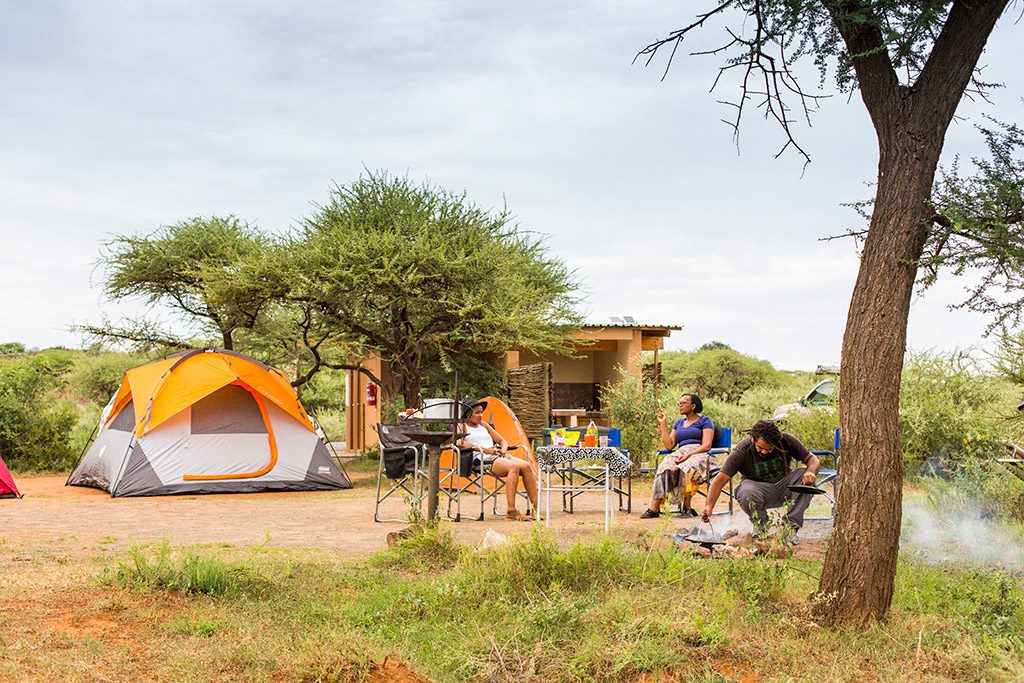
The great outdoors gave us reason to unplug.
We meet up with Getaway photographer Teagan Cunniffe and Marshall Rinquest, who’d be our ‘camping expert’. Marshall is based in the town of Greyton in the Western Cape and is a permaculture specialist and camp master. The drive is gratifying and the roads are straight and tranquil. We’re getting a little lost, but we know we’re close and call Mokala National Park for directions. ‘Are you facing the sunset?’ they ask. We are, and so we continue, led by the departing sun. The sky is brushed in an array of burnt orange, yellow and pink hues as the sun sets. The clouds whisper promises of a calm night and birdsong lingers in the air. After nearly seven hours of driving, we finally arrive at Mokala National Park and the wilderness is embracing. We stretch our feet and Marshall surveys the site for the perfect spots for our tents. I hear my dad’s boisterous laugh and then some talking, and there he is, hand in hand with an ouma, both smiling. My dad speaks nine of the 11 official languages. ‘This is Auntie Pulane,’ my dad gushes to us. ‘Hoe gaan dit, Ouma?’ I ask. ‘She’s our neighbour,’ he explains. Ouma’s real name is Anna Marie Pistorius, but she prefers her Sesotho name, Pulane.
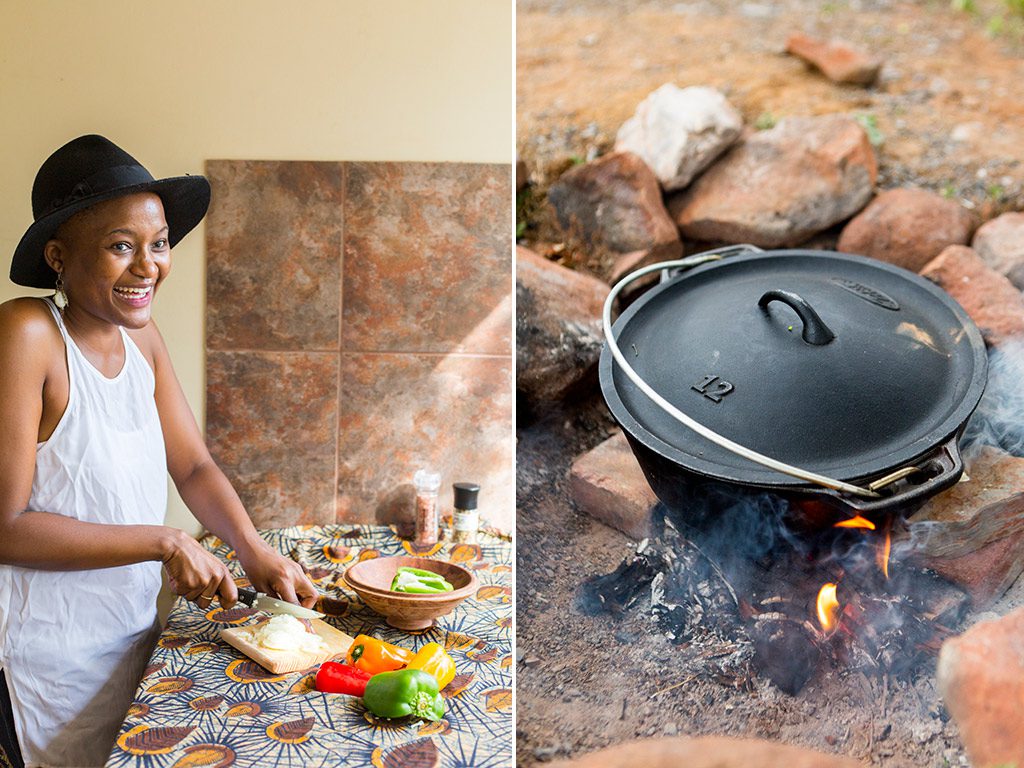
Preparing ingredients for a spectacular breakfast.
My mom smiles and we embrace gogo and chat about life like friends. Ouma is in her mid-seventies and she and her best friend, Ouma Annatjie, and their husbands travel for six months of the year, camping in various parks across SA and in neighbouring countries. Their set-up is like a home away from home, with those big caravans that open up to roomy bedrooms. They give us a tour inside their mobile homes, which stand opposite each other, both with a veranda situation outside, and tables that hold a makeshift kitchen. Each ouma has her own potjie pot and each oupa has his braai stand. Ouma Pulane tells us that Mokala National Park offers 60 percent off for pensioners between Sunday and Thursday in low season. A pretty impressive way to live out your days! ‘Sien julle môre,’ says Ouma Pulane, and turns and leaves.
Marshall’s got my dad working the tent. It’s a massive, bright-orange Coleman Signature 7-Person Instant Dome that’s quite simple to put up and break down. Dad compares it to a home. (It’s not, but I know what he means.) My mother and I are pumping up our mattress and putting food away, and I make our nest nice. My mother seems peaceful; a contented smile rests on her face. She had so many questions before coming here: ‘What if it rains? The lightning – I don’t like the lightning, especially when trees surround me. The bathrooms – do I have to do it in the open veld? And what about my morning coffee – do I have to make a fire first? I love my cuppa in the morning…’ But we have our home comforts and so all is well.
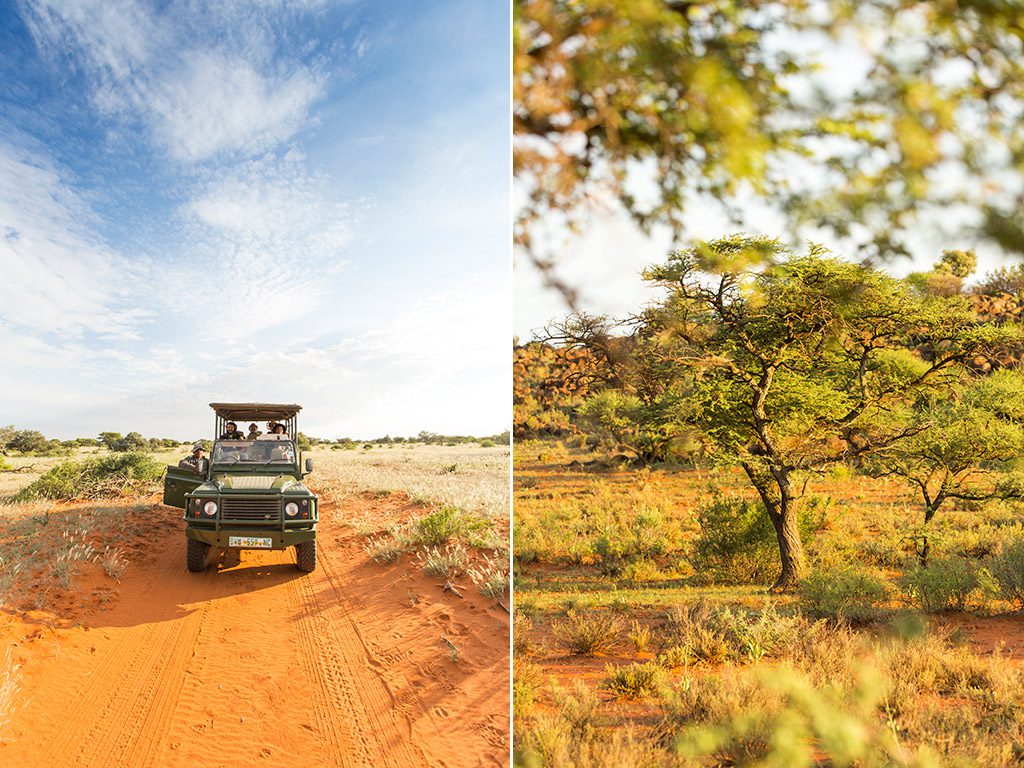
Enjoying the outdoors and splendid views through a lovely game drive.
My dad calls for wine o’clock and announces that he’ll be braaiing – not the most frequent of proclamations – as long as someone makes the fire, and Marshall graciously gets it started. They have a good rapport, the two of them. We sink deeper into the magic of the night. Soon my mother, Marshall, Teagan and I are doubled over with laughter as Dad pours out his memories behind the rising smoke from the sizzling meat. He proudly wears a beautiful African-print apron and oven glove set he bought in Ghana. On his head is a headlamp lent to him by Teagan. ‘I believe camping is life-changing,’ says Marshall reflectively. ‘To be sleeping outdoors and getting in touch with nature in that way is needed for any human.’
We sit under the stars, with air so clear it takes my breath away. We’re recalling, enjoying and sharing our tales. We flow with the wine. Here’s Teagan, my young white colleague from Durban; Marshall, a descendant of the Khoi who grew up in Greyton and was taught about the sacredness of the Sonderend Mountains and their medicinal powers by his grandfather; my dad from Soweto, a streetwise and inspiring businessman with mad tenacity, who has only a standard-seven education; and my mother, the lightest, kindest being I know, who has spent virtually all her leave days heading home to take care of family, and who has carried me through so much with grace and gladness; and me, trying to do my best at this life thing. All of us sit there, in the palm of nature. In this moment, none of these labels is important.
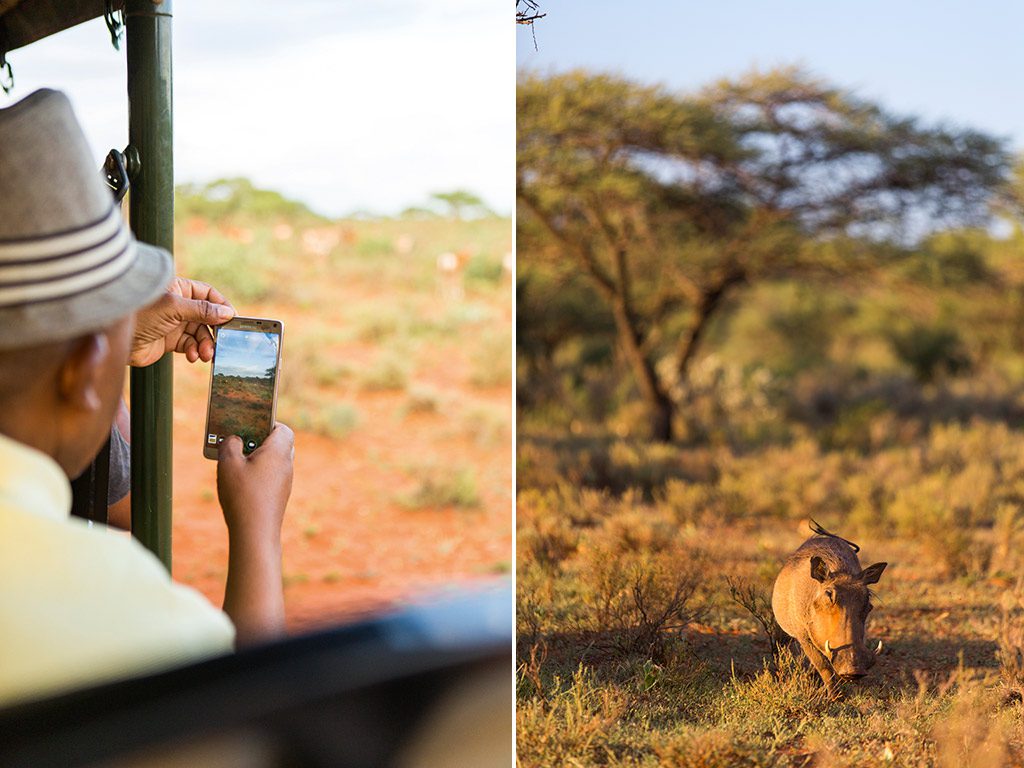
RIGHT: My dad appreciating the view on a game drive through another lens. LEFT: There were plenty of warthogs grazing that we saw over the game drive.
In the morning, we ready ourselves for a game drive. ‘My sleeping bag was so snug and comfortable,’ shares my mother, ‘and the blow-up bed provided so much comfort that I actually didn’t miss sleeping on my bed at all.’ And neither did I. On our drive we see the tsessebi, black wildebeest, white-backed vulture, roan antelope and numerous indigenous plant species. We stop at a beautiful picnic spot after an hour or so of driving and enjoy fruit under a huge tree. There’s nervous excitement at the thought of animals appearing at any moment. Breakfast back at camp consists of delicious beans (the camper’s standard) courtesy of my mother’s recipe, pork bangers, tomatoes and boiled eggs. I watch my parents read while sitting on their camp chairs overlooking the watering hole and I’m glad that we’re here as a family; things weren’t easy after their divorce. Just then, Ouma Pulane comes over and we talk about the weather. And apparently there was a visitor outside my dad’s tent the previous night, so she and my dad try to read the footprints. Findings are inconclusive.
That evening, Marshall teaches us to make bread and prepares a yummy veggie potjiekos. (He’s vegetarian.) Feeling even more at ease, we discuss everything from politics to the benefits of medicinal marijuana. We decide to have an early one, and as I put my head down on the pillow, drops lightly tap on our tent and then the skies make way for divine rainfall. Thunder roars. My mom is asleep next to me and I edge closer, my toes toasty in my sleeping bag, to feel her warmth. I feel like the luckiest girl in the world.
Camping tip:
If you’re not keen to shell out for camping equipment without being sure that you like camping, try Camping Khapela first. It’s a butler service and all you need to do is pack your bags, show up and relax. My younger brother and I joined founder, Karabo Sepharatla, on a trip to Mountain Sanctuary Park in Magaliesburg. Our butler forgot to tell us to bring our pillows and blankets, so we made a detour to the Pep store in Mooinooi. Bedding blunder aside, it was a fun and convenient way to try out camping. Karabo also made a tasty potjie ‒ best I’ve tasted. The cost depends on the destination. A trip to Magaliesburg is from R1800 per person for two nights. Breakfasts, dinners and snacks during the journey are included. Contact: 0718173945, campingkhapela.com
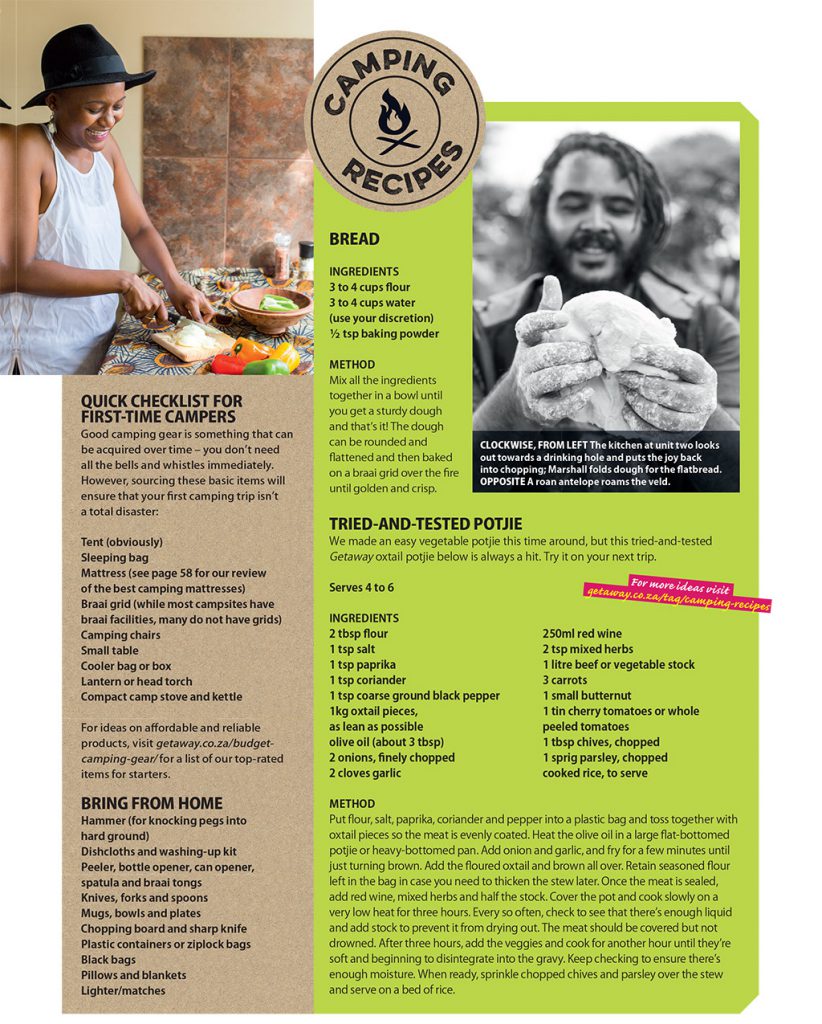
Plan your trip
Before you go:
As we drove out of the park I thought about the planning for this trip. It wasn’t easy and a huge task for a beginner. Cape Union Mart made it easy for us and had everything we needed to get started, but for the average South African it’s still a big initial financial investment. However, once I’d offloaded the car and heard those whispers from nature, it all felt well worth it.
Getting there:
Mokala National Park is about 70 kilometres south-southwest of Kimberley. We used the route via Bloemfontein going there and via Klerksdorp going back. The roads are easy-breezy, but keep alert, as there are many trucks on that route. There’s a Wimpy in Ventersburg in the Free State, roughly 238 kilometres from Joburg, where you can fill up your tummy and tank. It takes about six-and-a-half hours from Johannesburg to the park. From Cape Town expect to drive roughly 904 kilometres west via the N1, and about 895 kilometres from Durban. There are two entrances to the park: Lilydale Gate and Mosu Gate. Lilydale is far kinder on tyres, as the route is currently being graded. Take it easy if entering from Mosu Gate.
Need to know:
A small shop at reception sells drinks and things such as dish-washing liquid. The earth is rock-hard, with little grass; you will need some sort of cushioning for sleeping on. There is no petrol station on the grounds, so fill up beforehand. For all bookings and enquiries, call 0124289111 or visit sanparks.org/parks/mokala.
What to bring:
Don’t forget the insect repellent. Save some ‘randelas’ and make your own by mixing equal parts water and vinegar in a spray bottle. Eliminate the water for a stronger dose. The ablutions are great, with large showers and separate bathrooms. They are serviced daily and toilet paper is provided. We stayed at unit two (CK6) at Motswedi Camp Site. The units are much the same, but our neighbours next door (unit one) had more shade and privacy created by the trees. The leaves on the trees were sparse, so bring an umbrella. (It gets piping hot in the hotter months.) There’s a two-plate gas stove and fridge in a communal kitchen, but you’ll have to bring cutlery and crockery. There are no power points. Bring your pot or plunger for morning tea or coffee. There are braai facilities; you’ll need a table. We used a Coleman 70 Quart Xtreme 5 Cooler ‒ it was amazing and kept food and beverages ultracool.
Do this:
Go for a game drive. Mosu Lodge offers four game drives each day: in the early morning, during the day, at sunset and at night, and there’s an option to view old rock engravings that are about 2 000 years old. Enjoy a catch-and-release fly-fishing session if you’re staying at Lilydale Rest Camp. Bookings can be made at reception.
Eat here:
Mosu Restaurant is at the back end of the main Mosu Lodge on the vast expanse of grass overlooking the parklands, and there are tortoises walking about. The good old Russian and chips is a winner. Ouma saved up for it ‒ they have one meal at the restaurant each time they visit. Otherwise, the home-made venison pies are a favourite. If that’s not for you, there’s loads to choose from off the à la carte menu. Pre-booking is advised.
Stay here:
Options range from camping to luxury bungalows. Mosu Lodge, the main rest camp, has a pool and 15 units with air-con. From R650 for two. Lilydale Rest Camp has 12 self-catering units that include bungalows and chalets. From R735 for two. Haak en Steek Cottage is more luxe and offers family-friendly units. From R985 for four. Motswedi Camp Site is from R340 for a site for two people. Conservation fees are R34 per day for adults and R19 for under- 11s. Don’t forget your Wild Card! Bookings and more information available on the Mokala National Park website








